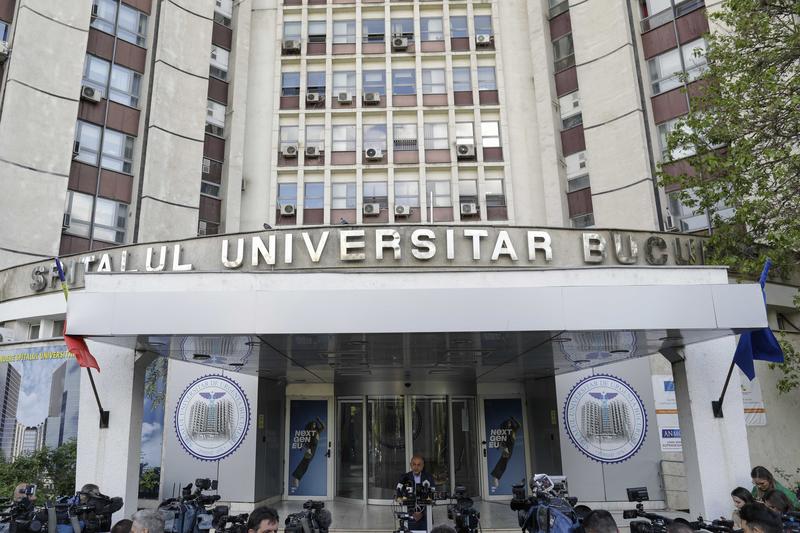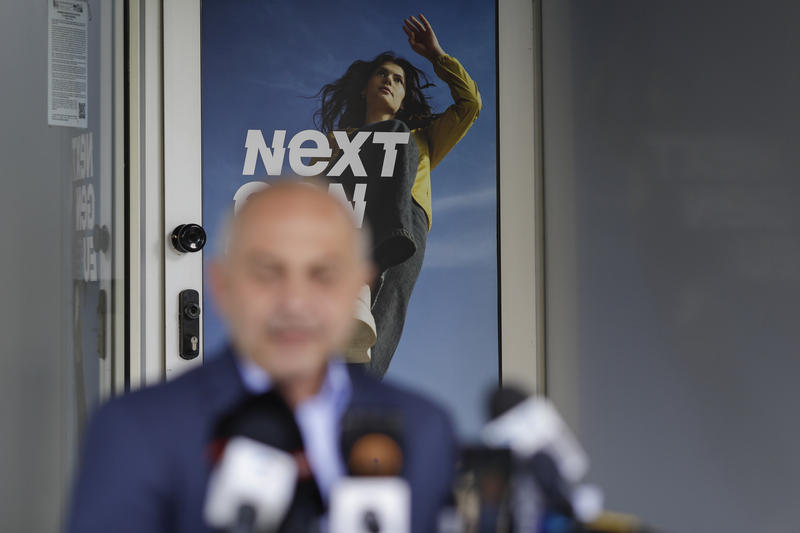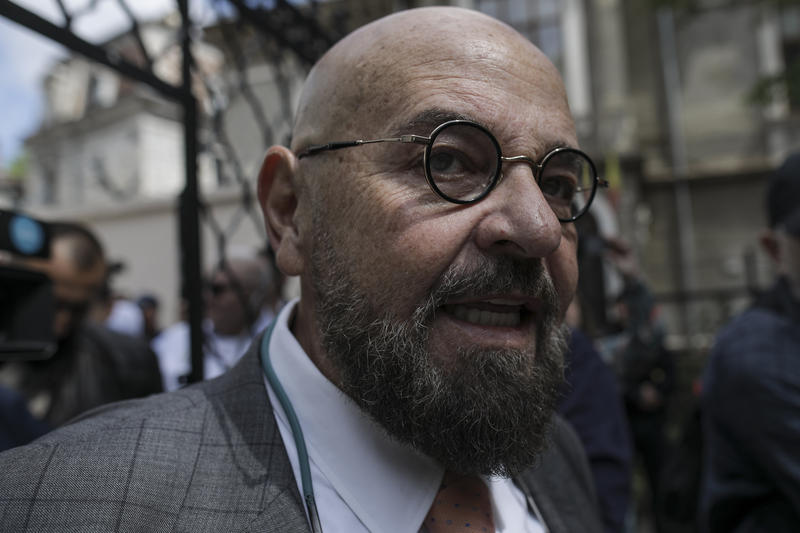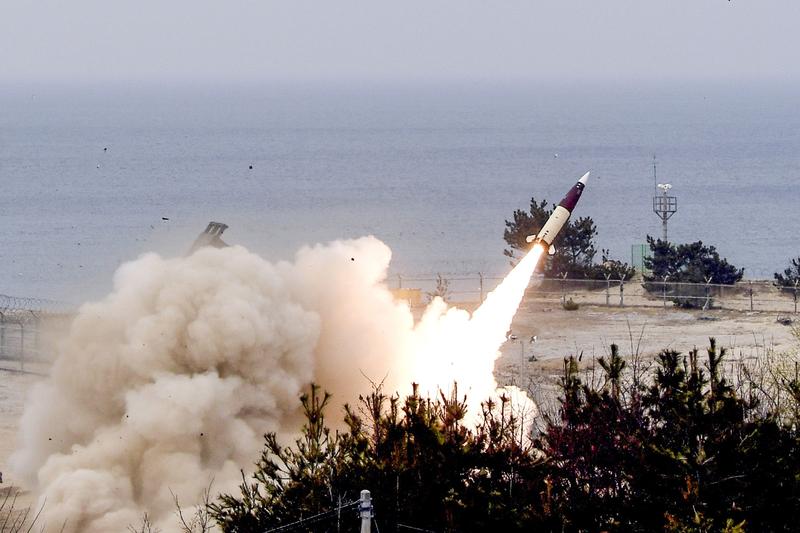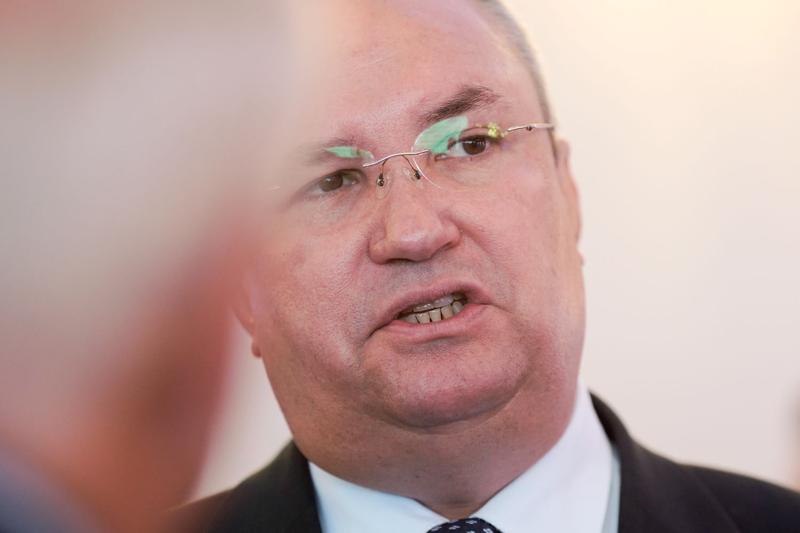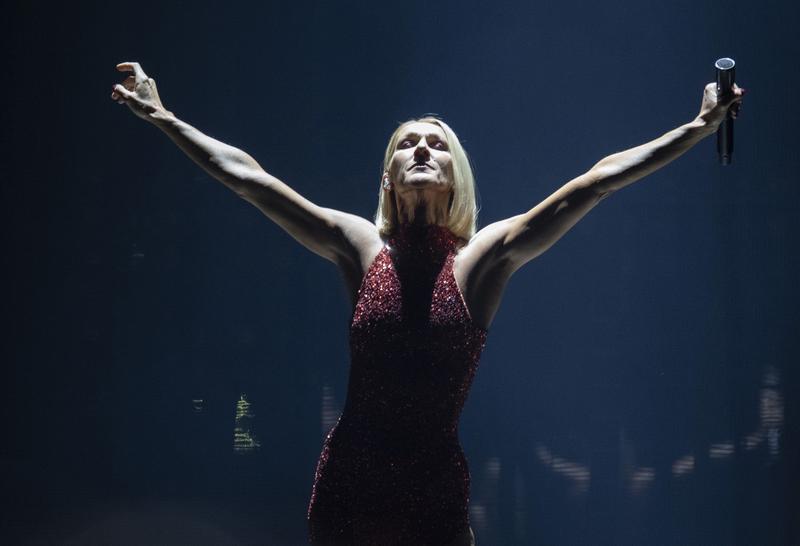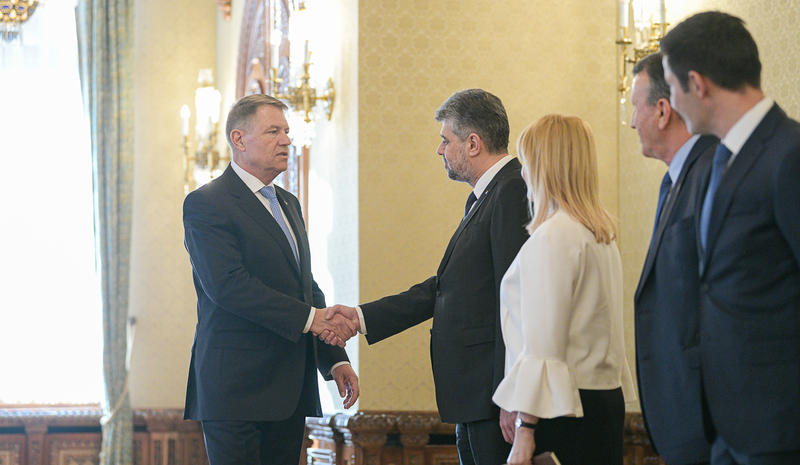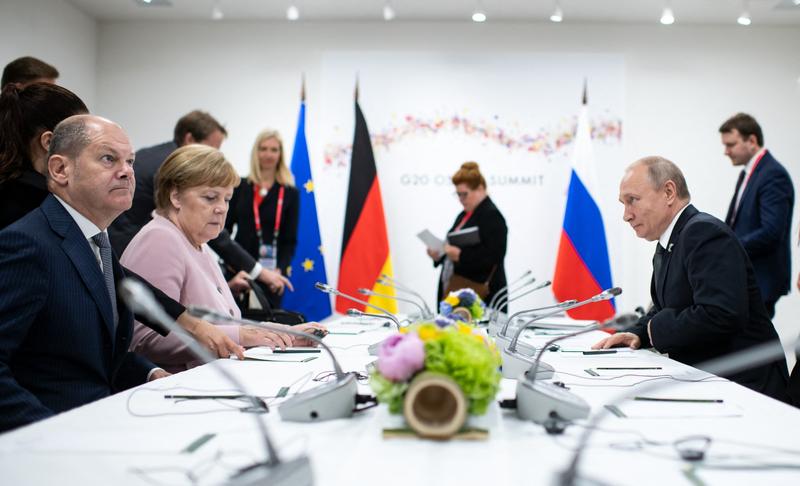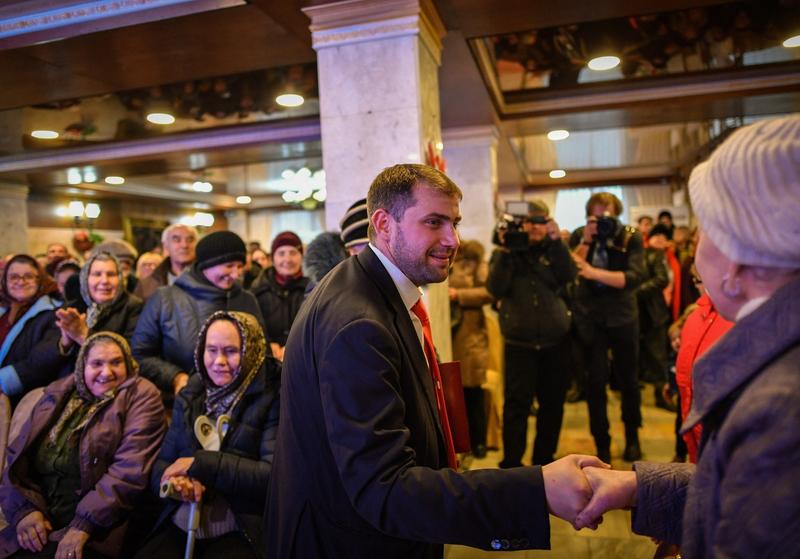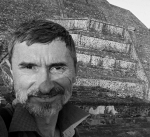BBC analizeaza situatia dificila a presei independente din Romania
Problema grava a coruptiei in Romania, dar si situatia dificila in care se afla presa independenta, confruntata cu presiuni politice si economice, sint principalele subiecte tratate pe larg de BBC intr-o relatare sub titlul “Batalia ascunsa a presei romanesti”.
“Puterea unui ziar sta partial in rezultatul obtinut in urma publicarii articolelor sale”, spune Dan Turturica, redactor-sef al “Evenimentului zilei”, de departe cel mai independent ziar de opinie din Romania.
“Astfel incit, daca publici o investigatie, cum am facut noi, despre privatizarea companiei nationale de tutun, ar fi fost extrem de folositor sa avem o opozitie parlamentara eficienta, pentru ca problema este atit de importanta incit este necesara o investigatie parlamentara ulterioara”, arata Dan Turturica.
Coalitia de centru dreapta care a guvernat Romania intre 1996 si 2000 aproape ca a disparut si asta a expus extrem de mult ziarele neafiliate politic, asa cum este “Evenimentul zilei”. Insa editorii sai au refuzat sa-si dilueze stilul combativ.
Aceasta atitudine i-a pus in situatia unor confruntari cu Partidul Social Democrat (PSD) la putere, condus de premierul Adrian Nastase, care are radacini in Partidul Comunist ce a condus Romania inainte de 1989.
“Ei nu vor ca noi sa ne uitam la ce fac cu banul public”, explica Dan Turturica. “Ei nu vor ca noi sa ne intrebam cum au ajuns sa aiba vile somptuoase si conturi bancare. De unde vin toti acesti bani? Cum se poate ca un functionar public cu un salariu lunar de 200-300 de dolari (108-162 de lire sterline) sa conduca o masina Mercedes in valoare de 100.000 de dolari (54.
248 lire sterline)?”. Problema coruptiei a persistat in toate guvernele Romaniei de dupa Revolutia din 1989 si pina in prezent. Liderii Romaniei admit ca exista o problema serioasa, dar critica ziare ca “Evenimentul zilei” pentru ca acorda prea mult spatiu pentru aceasta chestiune. (...)
Redactorul-sef Dan Turturica arata, pe de alta parte, ca frecventele critici aduse de politicieni la adresa ziarului au instaurat un climat de violenta impotriva acestuia. Au existat 16 atacuri fizice impotriva ziaristilor din Romania in 2003, iar majoritatea au ramas cazuri nerezolvate.
Unul dintre cele mai grave incidente l-a avut drept victima pe jurnalistul Ino Ardelean, corespondent al “Evenimentului zilei” din Timisoara, care sufera si astazi de pe urma atacului violent suferit in luna decembrie. El a publicat mai multe articole despre coruptia in rindul oficialilor locali ai PSD.
Biroul Central al PSD din Bucuresti a tinut insa sa precizeze ca investigatia politiei in acest caz nu a relevat nici o legatura cu politicienii locali, sugerind mai degraba ca Ino Ardelean a fost de fapt atacat de niste hoti sau chiar de membri ai lumii interlope cu care jurnalistul ar fi avut legaturi.
In privinta problemei coruptiei, premierul Adrian Nastase a declarat ca Romania este afectata de o maladie care poate fi, si chiar este tratata, iar nu de o epidemie care ar fi scapat de sub control.
“Am facut destule, insa intr-o perioada de tranzitie, oamenii sint bineinteles nemultumiti de multe lucruri care trebuie imbunatatite”, a declarat Nastase. “In ultimele luni am imbunatatit legislatia anticoruptie si o noua institutie, Parchetul National Anticoruptie, a devenit complet operationala.
Sint foarte increzator in faptul ca vom reusi sa aducem coruptia la un nivel scazut”, a continuat premierul roman.
O alta problema a presei romane este reprezentata de presiunile economice. Companiile de stat par sa introduca materiale publicitare doar in presa pro-guvernamentala. Potrivit lui Dan Turturica, mai putin de unu la suta din reclamele aparute in “Evenimentul zilei” provin de la companiile de stat, in ciuda tirajului masiv al ziarului (...)”.
Romania's murky media battle
A newspaper's power lies partly in the results its articles achieve, says Dan Turturica, editor of Evenimentul Zilei, Romania's most outspoken independent daily.
"So if you publish an investigation, as we did, into the privatisation of the national tobacco company, it would be extremely helpful to have a (parliamentary) opposition, because this issue is so important, it would require a parliamentary investigation."
Romania has already made great strides towards Western acceptance
The near disappearance of the centre-right coalition which ruled Romania from 1996-2000, has left non-party papers like Evenimentul Zilei extremely exposed.
But its editors have refused to water down their combative style. This frequently brings them into confrontation with Prime Minister Adrian Nastase's ruling Party of Social Democracy (PSD), which has its roots in Romania's pre-1989 Communist Party.
"They don't want us to look at what they are doing with public monies," says Mr Turturica.
"They don't want us to look at how they get sumptuous villas and bank accounts. Where did they get all this money? How come public servants with $200 to $300 (£108 to £162) a month salary manage to drive a $100,000 (£54,248) Mercedes?"
The problem of corruption in Romania has dogged the current and all previous governments since the revolution in 1989.
Romania's leaders admit there is a serious problem, but criticise papers like Evenimentul Zilei for devoting so much space to it.
They fear such bad publicity is even undermining their own efforts to improve Romania's image abroad - and hence her chances of joining the European Union by the target date of 1 January 2007.
"In one survey, more than three out of four Romanians said they had heard about corruption from the media," says Justice Minister Cristian Diaconescu.
"But only one in five said that they had been in a position to bribe someone."
This discrepancy, he suggests, proves the government's point.
'Climate of violence'
Mr Turturica replies that frequent criticism by politicians of his paper has created a climate of violence against it.
There were 16 physical attacks against journalists in Romania in 2003. Most remain unsolved.
In 2004, we face the lowest point of the Romanian media since the revolution
Cosmin Gusa,
Democratic Party
One of the worst was against Ino Ardelean, Evenimentul Zilei's reporter in the western city of Timisoara, who is still suffering from a beating he received last December.
He had published articles alleging corruption by local officials of the PSD.
The PSD in Bucharest points to the failure of the police investigation to find any political threads, and suggests darkly that Ardelean was attacked by robbers, or by underworld figures with whom he had dealings of his own.
On the issue of corruption, Prime Minister Nastase says the country is afflicted with a disease which can be, and is being, treated - not an epidemic which is out of control.
"We have done a lot, but in a transition period of course people are unhappy about many things which have to be improved," says Mr Nastase.
"In the last months we've updated our anti-corruption law, and a new institution, the Anti-Corruption Prosecutor's Office, has been made fully operational. I'm rather optimistic we'll succeed to bring the level of corruption to a lower level."
Blackmail
Another problem for the media is economic pressure.
State-owned companies appear to only place advertisements in pro-government media. According to Mr Turturica, less than 1% of the advertisements in Evenimentul Zilei are from state-owned firms - despite its huge circulation.
And another form of economic pressure, especially on TV stations, is debts to the state.
Most TV stations, even the commercial channels, are pro-government as a result.
One exception, Antenna-1, is also intensely political, in its loyalty to the opposition Romanian Humanist Party.
"In 2004, we face the lowest point of the Romanian media since the revolution," says Cosmin Gusa gloomily.
Mr Gusa was a rising star in the PSD, only to shock former colleagues by switching to the opposition Democratic Party.
"Most of the people now in politics are over 50," he says. "People who already held some authority before the revolution in 1989."
And as part of the old dictatorial system, he believes, there is plenty of information against them, which can easily be leaked to the media.
"The main rule in Romanian politics is never promote someone who cannot be blackmailed," he says.
